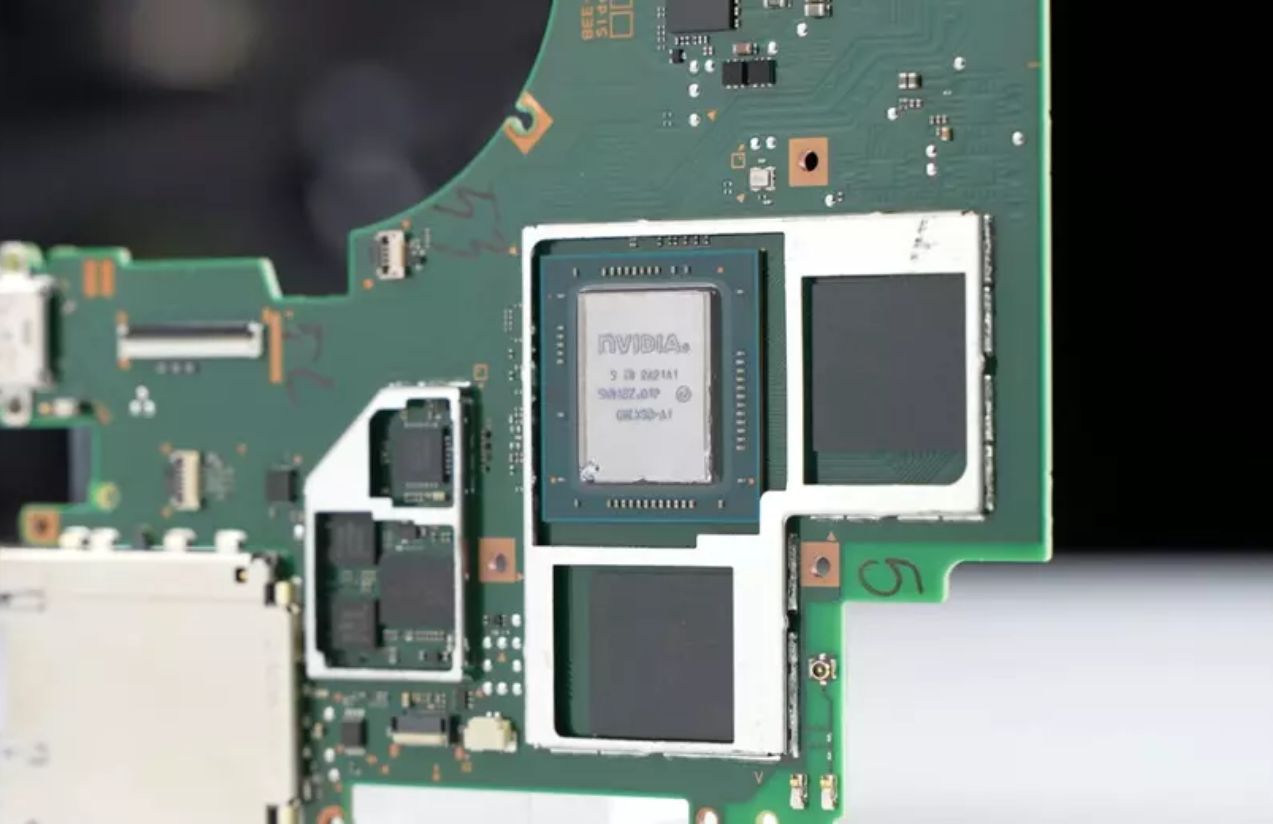The Nintendo Switch 2 has become one of the most highly anticipated consoles in recent years. Although its official launch is still pending, leaks have already begun to surface, and it appears the console could be just over a month away from hitting the market.
Some individuals have reportedly managed to get their hands on early models of the console ahead of its release, offering an inside look at its technical components. Notably, Chinese YouTuber 极客湾 (Geekerwan) revealed that he obtained a motherboard from the upcoming console through the black market, effectively confirming many of the specs previously circulating as rumors.
Nintendo is known for tightly controlling information about its new products, even resorting to legal action to prevent leaks. However, the scale and interest surrounding the Switch 2 have made it difficult for the company to keep everything under wraps.
Among the confirmed details is the console’s processor: the Nvidia Tegra T239, a chip developed back in 2021. This has raised some concerns, as several years have passed since then and hardware technology has significantly advanced. The chip is based on Ampere architecture (used in the RTX 30 series), although it also features some elements similar to Ada Lovelace (RTX 40 series).
Leaks also show that the new processor is considerably larger than the Tegra X1 used in the original Switch, increasing from 118 mm² to 207 mm². It also uses Samsung’s 10 nm manufacturing process, instead of the previous 8 nm. In terms of graphics, the chip includes 6 TPCs, 2 SMs per TPC, and 1536 CUDA cores, which may suggest lower raw performance than some had hoped, especially when compared to modern PC hardware.
Still, analysts note that performance in consoles can’t be judged solely by raw specs, as these systems are highly optimized for specific use cases. In that sense, the Switch 2 could still deliver a strong gaming experience, especially considering Nintendo’s emphasis on gameplay over cutting-edge graphics.

